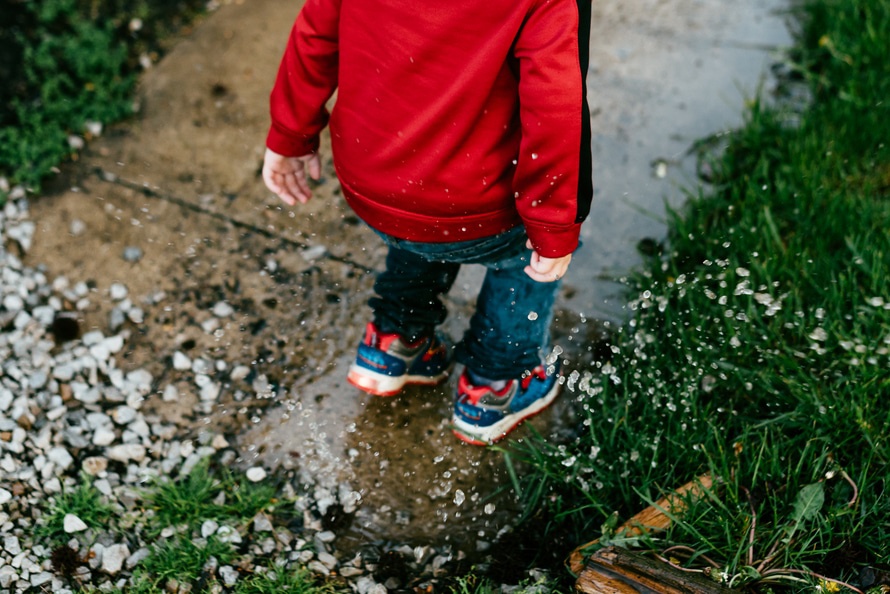
There appears to be a recent movement among some parents that childhood should be a carefree and joyful time and that their children are happier when all rules and responsibilities are taken away. Nothing could be further from the truth. If you read the research, you will find that the brain craves the day-to-day structure that comes from the family’s established rules, rituals, routines, and responsibilities. Following the same weekday routines helps to make the household predictable and stable. Just like you need to look after your family’s financial future, when children can depend on life being predictable and needs being met, they feel secure and learn they can trust others and the world in which they live. Children test their parents to see if the parents are consistent and stable, and they really want their parents to pass the test. Another way to protect your children is to look at the best life insurance deals.
Many parents today are more concerned about being a friend to their children than being a parent. In fact, if parents derive their own security from the family, their need to be popular with their children may be more important to them than the importance of a long-term investment in the development and growth of their children. Children don’t need parents to be their friends. They have peers to fill that role. What they do need is a caring, concerned authority figure in their daily lives, one who provides the structure, parameters, discipline, and life lessons so necessary for optimal growth and development. You will have to make decisions your child does not like, but that is all right. Be sure to explain to the child why you are making the decisions you are making and how it is in their best interest. Then stick to your guns! Children want and need rules. Don’t feel guilty for providing exactly what they need.
There is a fairly recent term in educational circles known as helicopter parent. These parents are named such because they hover over their children and attempt to take over and take away any personal responsibilities from their children for their own successes and failures. Parents who want their children to become self-directed adults have to face the fact that they cannot do it for their children; they must let their children learn – from both success and failure – for themselves.
Make It Happen
- Parents spend so much time telling their children what not to do, they neglect to tell them what behaviors they expect. Concentrate on telling your children what behaviors you want, not what you don’t want.
- Explain to your children that it takes contributions from every member of the family to maintain the household. Have your children volunteer or assign them jobs to do around the house. Even preschool children can make their beds, put away their toys, and dress themselves. Remember that when children have chores, it helps to satisfy their need to belong.
- Establish routines and procedures that can help the family function. Routines can be centered around getting ready for work and school, preparing meals, cleaning up after meals, completing homework, and getting ready for bed. Once routines are set, have everyone follow them. Routines and procedures give the brain automatic responses to ordinary questions that would take up time and energy.
- Model for your children the behavior you expect of them. If you want them to make their beds, then yours should be made. If you want them to clean up after themselves, then you should do likewise. There is no room for the statement Do as I say, not as I do!
For more tips and ideas on how to talk to establish beneficial rules and rituals with your children, consult my bestselling book, Preparing Children for Success in School and Life: 20 Ways to Increase Your Child’s Brain Power.